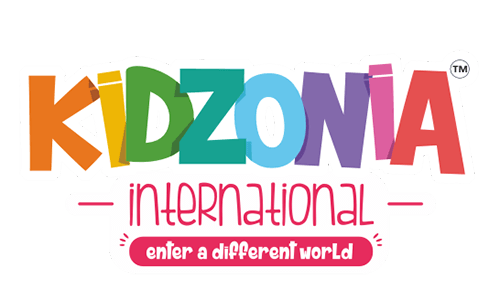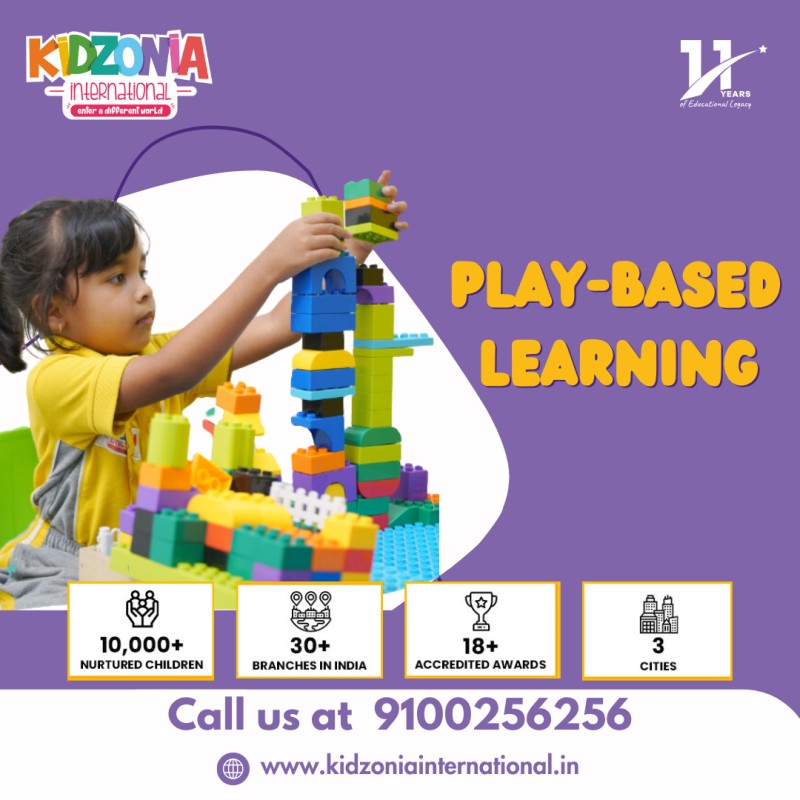Introduction
Who has time to play in this crazy world? Well, we think you do! Choose the rephrasing that best fits the tone and style of your writing. However, play is not just a pastime for children; it's a powerful tool for learning and development. This educational approach leverages play to foster a child's cognitive, social, emotional, and physical development. It leverages play as a tool for learning, allowing children to explore, experiment, and discover.
The Benefits of Play-Based Learning
Play-based learning is a pedagogical approach that prioritizes child-initiated activities, promoting holistic development. Here are some of the key advantages:
-
Cognitive Development:
-
Enhances problem-solving skills
-
Stimulates creativity and imagination
-
Develops critical thinking and decision-making abilities
-
-
Social and Emotional Development:
-
Fosters cooperation, sharing, and empathy
-
Builds self-confidence and self-esteem
-
Improves communication skills
-
-
Physical Development:
-
Enhances gross motor skills through dynamic play.
-
Develops fine motor skills through activities like drawing, painting, and building
-
-
Language Development:
-
Develops language skills by engaging in storytelling, singing, and dramatic play.
-
How Play-Based Learning Works
Play-based learning puts children at the center of their education.Teachers create a supportive and stimulating environment where children can explore their interests and learn at their own pace.
Here are some key elements of play-based learning:
-
Free Play: Children are given opportunities to engage in unstructured play, allowing them to explore their own ideas and creativity.
-
Guided Play: Teachers facilitate play activities, providing materials, suggestions, and support.
-
Learning Through Play: Teachers integrate learning objectives into play activities, making learning fun and engaging.
The Role of the Teacher
The teacher plays a pivotal role in a play-based learning environment. Teachers act as facilitators, observing children's play, asking questions, and providing feedback. They create a safe and supportive space where children can take risks and learn from their mistakes.
Conclusion
Play-based learning is a transformative approach that profoundly shapes a child's future.By embracing play, we can nurture well-rounded individuals who are ready to face the challenges of the future.





